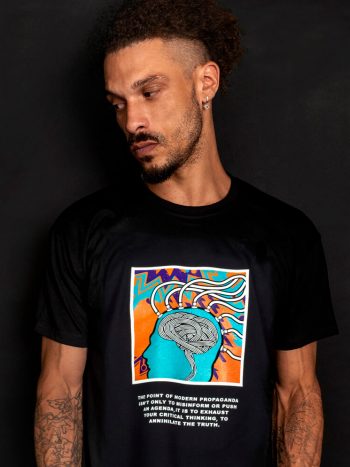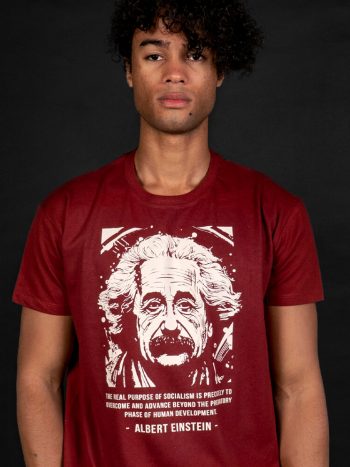In the realm of politics, understanding where one stands on the ideological spectrum can be a challenging task. Political ideologies, such as left wing, centrist, and right wing, encompass a range of beliefs and values that shape one’s views on social, economic, and governance issues.

This explainer aims to provide a guide to help individuals evaluate their political inclinations and identify whether they align with the left, centre, or right of the political spectrum. oh, and if you’re looking for a gift for a politics lover in your life, we’ve got you covered! Here’s a selection of political gifts they might like.
Assess Your Views on Economic Policy

Economic perspectives often serve as a defining factor in determining political ideologies. Consider the following aspects:
Redistribution of Wealth

Left-wing individuals tend to advocate for more robust and progressive social welfare programs, progressive taxation, and wealth redistribution to reduce income inequality and provide support to marginalised groups. Centrists may lean towards a balance between social safety nets and market-based solutions. Right-wing individuals generally support limited government intervention in the economy and prioritise individual economic freedom.
Government Regulation

Assess your views on government regulation. Left-wing individuals often support stronger government intervention to protect workers’ rights, ensure environmental sustainability, and regulate industries. Centrists may advocate for pragmatic regulation that balances societal needs and economic growth. Right-wing individuals generally favour free-market principles with limited government regulation.
Analyse Your Social and Cultural Values

Social and cultural issues play a significant role in political ideologies. Consider the following factors: Whether you like it or not, the social class you were born into plays a significant role on your beliefs and values. A good explanation of social class can be found here.
Social Equality

Left-wing individuals often emphasize social equality and advocate for equal rights, social justice, and progressive social change. They may support policies promoting LGBTQ+ rights, gender equality, racial justice, and multiculturalism. Centrists may seek a balance between individual rights and social stability. Right-wing individuals generally prioritise traditional values, national identity, and limited government interference in social issues.
Individual Liberties

Assess your stance on personal freedoms. Left-wing individuals often support personal freedoms in areas such as reproductive rights, freedom of expression, and civil liberties. Centrists may prioritise a balanced approach that protects individual rights while considering the broader societal impact. Right-wing individuals generally emphasize personal responsibility and limited government interference in personal freedoms.
Consider Your Views on Governance and State Power

Views on governance and the role of the state can provide insight into one’s political ideology. Consider the following factors:
Size and Scope of Government

Left-wing individuals tend to support an expanded role for the state in providing public services, regulating the economy, and addressing social inequalities. Centrists may advocate for a pragmatic approach that balances the need for effective governance with individual liberties. Right-wing individuals generally favour limited government intervention and emphasize individual freedoms and free-market principles.
Approach to Change

Consider your perspective on societal change. Left-wing individuals often embrace progressive change and reforms to address social inequalities. Centrists may lean towards incremental change and pragmatic solutions. Right-wing individuals generally prefer to maintain traditional values and institutions, emphasizing stability and preserving the status quo.
-
£20Add to WishlistRemove from WishlistAdd to Wishlist
-
£20Add to WishlistRemove from WishlistAdd to Wishlist
-
£20Add to WishlistRemove from WishlistAdd to Wishlist
-
£20Add to WishlistRemove from WishlistAdd to Wishlist
-
£20Add to WishlistRemove from WishlistAdd to Wishlist
Determining one’s political ideology requires a thoughtful examination of one’s beliefs and values across economic, social, and governance dimensions.
While this article provides a framework for self-evaluation, it is important to recognise that political ideologies exist on a spectrum, and individuals may have a combination of beliefs that do not neatly fit into one category. For example, you might be a left leaning centrist or a libertarian socialist. You might be wondering in socialism and anarchism can ever go together -the possibilities are endless.
Understanding your political leanings can foster informed engagement in political discourse, facilitating dialogue and contributing to the democratic process.

























